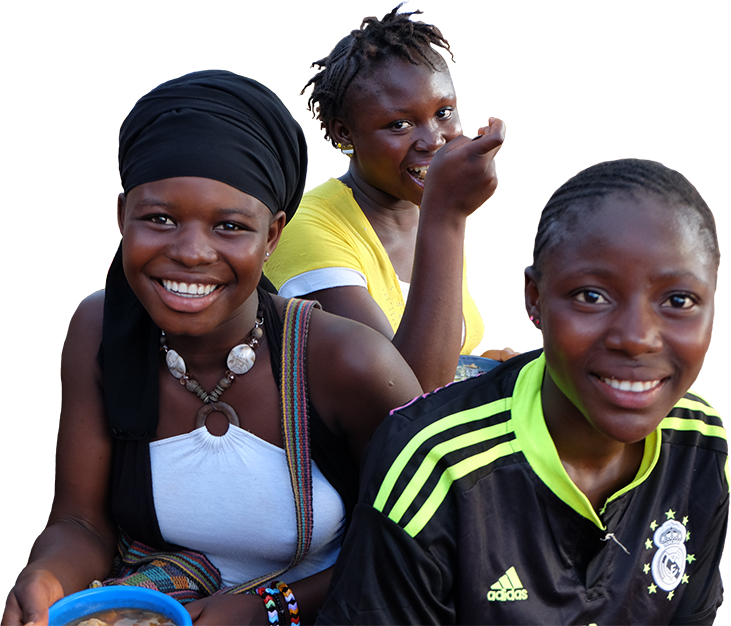Policymakers, program managers, and service providers—teachers, health care providers, extension agents, religious and community leaders—need the competencies (knowledge, skills, and attitudes) to serve and support adolescent boys and girls in accordance with global recommendations and national policies and protocols. This will require clear job descriptions, training (pre-service or in-service, offsite or on-the-job), mentorship, and supportive supervision, along with access to effective strategies, tools, and resources. Adolescents and their families also need competencies to support, adopt, and sustain healthy dietary practices. The Adolescent Nutrition Resource Bank currently includes capacity-building materials, primarily for service providers. If you have guidance or materials for building the capacity of policymakers, program managers, service providers, families, and adolescents about adolescent nutrition,, please send them to info@advancingnutrition.org.
We found 71 resource(s)
Bridging the Gap: Engaging Adolescents for Nutrition, Health, and Sustainable Development
Technical Report published by WFP in
This report summarizes the results of a study of adolescent nutrition conducted in Kenya, Uganda, Guatemala, and Cambodia on the role of adolescents in family health and nutrition. The report recommends that adolescent nutrition programs incorporate and adapt to the complexities of adolescents' lives and engage adolescents in the design,…
Nutrition: 10 Messages for Children to Learn and Share
Informational Infographic published by Children for Health in
This poster presents ten key PCAANS nutrition messages for children to learn and share, including information about malnutrition, good nutrition and healthy foods, growth and nutrition screening, hygiene, and food safety and preparation.
Infographic on Standards for Improving Quality of Care for Children and Young Adolescents in Health Facilities
Informational Infographic published by WHO in
This infographic illustrates the eight quality of care standards for children and young adolescents in health facilities. The standards related to improving the provision of care, the experience of care, and creating a child- and adolescent-friendly environment.
OG-IFE Update: Adolescent Services
Training Material published by Emergency Nutrition Network (ENN) in
These slides provide operational guidance on infant and young child feeding in emergencies, with particular emphasis on multi-sector collaboration to improve adolescent services during humanitarian crises.
Adolescent Girls Empowerment Program (AGEP): Nutrition Brief
Training Material published by Population Council in
This project brief describes the impact of the Adolescent Girls' Empowerment Program (AGEP) on nutrition. AGEP enrolled >11,000 vulnderable adolescent girls, approximately half of whom were randomized to receive nutrition training sessions (3 for younger adolescents, 5 for older adolescents) as part of the AGEP curriculum. The intervention…
Empowering Girls Through SMS
Journal Article published by UNICEF in
A digital counseling service called SMS BIZ, also known as U-Report, was introduced in Mozambique in October 2015. The goal of the project was to create a safe place for adolescents to ask questions and seek counseling on topics generally counsidered taboo in their communities. The text message-based program preserved the anonymity of the…
Adolescent Pregnancy and Its Impact on the Prevalence of Stunting: Programmatic Considerations for Food for Peace Programs that Aim to Reduce Stunting
Brief published by FANTA in
This technical brief examines the fact that adolescent pregnancy increases the risk of childhood stunting. issue of adolescent pregnancy and its implications for the prevalence of stunting. The brief describes promising evidence of what works to address these issues, including changing community attitudes toward early marriage and providing…
Formative Research and Gender Analysis
Landscape Analysis published by Save the Children in
This paper reports the results of a three-year study in two provinces in Lao PDR. The study focused on barriers and facilitators to optimal adolescent nutrition, maternal nutrition, infant and young child feeding, Water, Sanitation and Hygiene (WASH), health care seeking behaviors, and opportunities to support positive behaviors. The findings are…



